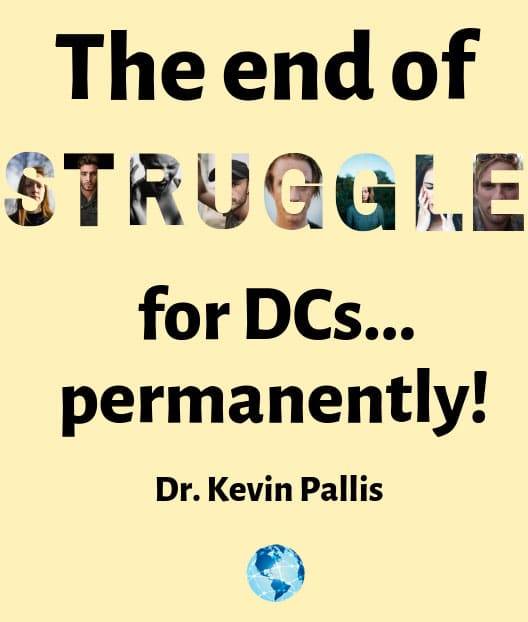When a new patient says no…

You’ve just given a great case history and have gotten to know the new patient a bit. You performed a great exam, took x-rays, and sent the person home for their report of findings for the next day.
You feel very confident you can help this person.
The new patient was a bit late for the first visit, but that’s okay. They seem…okay. They appeared to agree with you when you talked about Chiropractic, but there was this strange sensation that you couldn’t quite shake or put your finger on.
You sit there the next day at the ROF and they have a different look on their face. They have made up their mind and have decided not to comply with your recommendations. The excuses vary, the popular one is, “I can’t afford it,” and some are more creative, “Oh, I can’t come because I have to polish the spokes of my mother’s wheelchair.” Some people may even attack you in person saying, “You only care about the money.”
Whenever you attempt to help a person you will get varying amounts of paradigm blindness, meaning their beliefs in disease clash with your beliefs in health. As a result, there will be a resistance to you helping them. Strong beliefs can blind them from accepting anything that is outside of their opinions and views. Resistance can take many forms including excuses, rationalizations, stories, genetics, etc. Don’t take them personally, their apprehensive tactics don’t have anything to do with you. The person is not willing to put forth the commitment you’re asking.
It’s important to remember that their reasons for not cooperating, no matter how “good,” will continue to hinder their personal growth and keep them from achieving their goals. You don’t want to be a part of any kind of compromise where you can’t obtain results. Don’t put profit (or lack thereof) over people. You are a part of the solution, not the problem. It’s kind of like an out of shape person telling the personal trainer to slow down because they don’t want to get in shape “too quickly.”
The excuses, the reasons, and the validations of why it’s impossible for the patient to comply with your recommendations sounds so logical. Still, it doesn’t make you, the doctor, feel better. Rejection is rejection, and from it just about everyone will feel guilty, ashamed, and almost dirty. Fortunately, you can overcome it if you understand what exactly rejection is.
As a parent of teenagers, you have two choices. You can lay down the law with “executive decisions”, or you can try to be their friends. Spoiler alert, being their friend does not help your kids in the long run. They need parents who will see the big picture and are willing to handle the tantrums or silent treatments that will ensue.
Patients who truly want results will be willing to comply with your recommendations, inside or outside of insurance.
Having a great practice is not difficult, but it can be uncomfortable at times.


